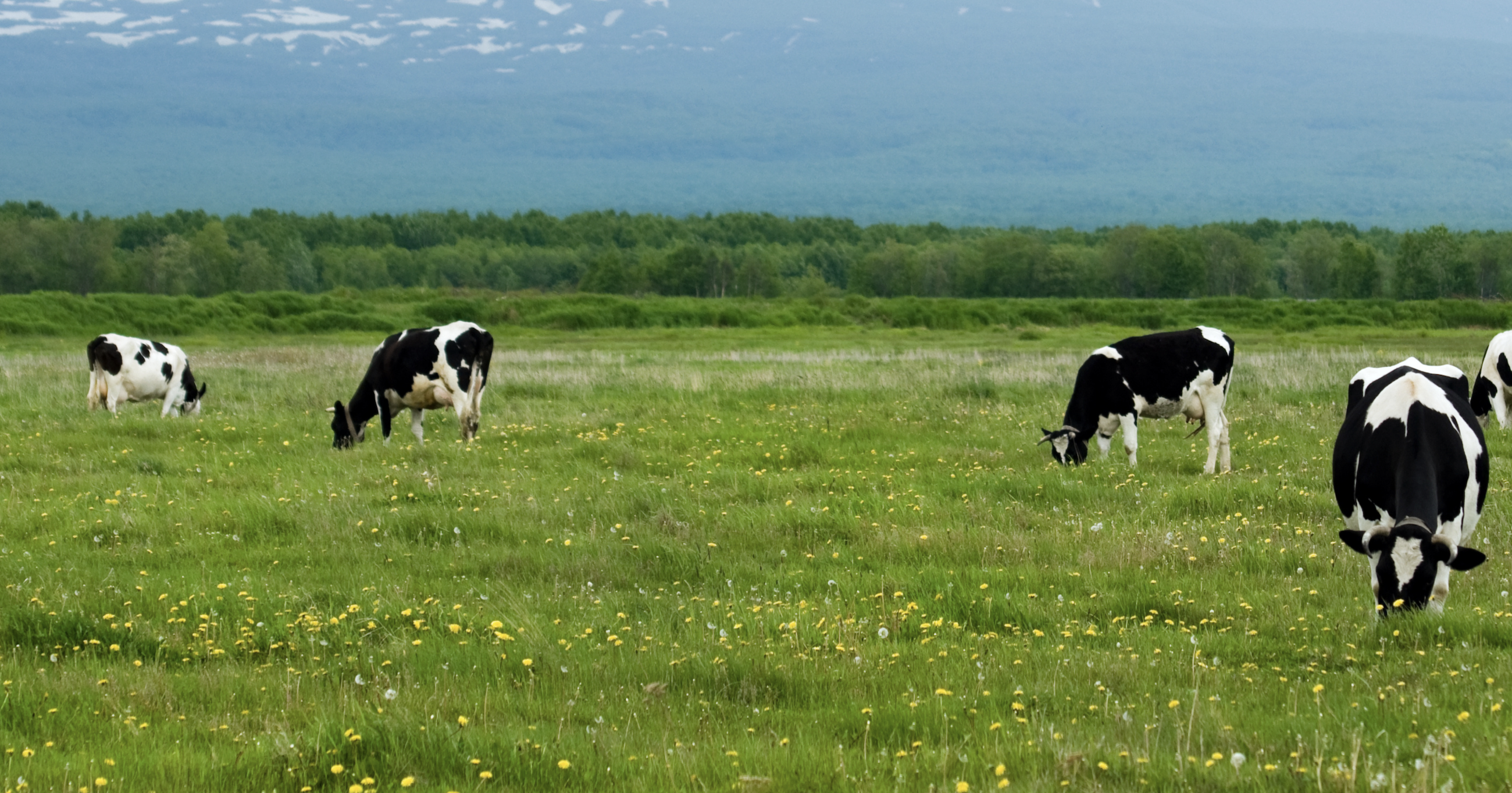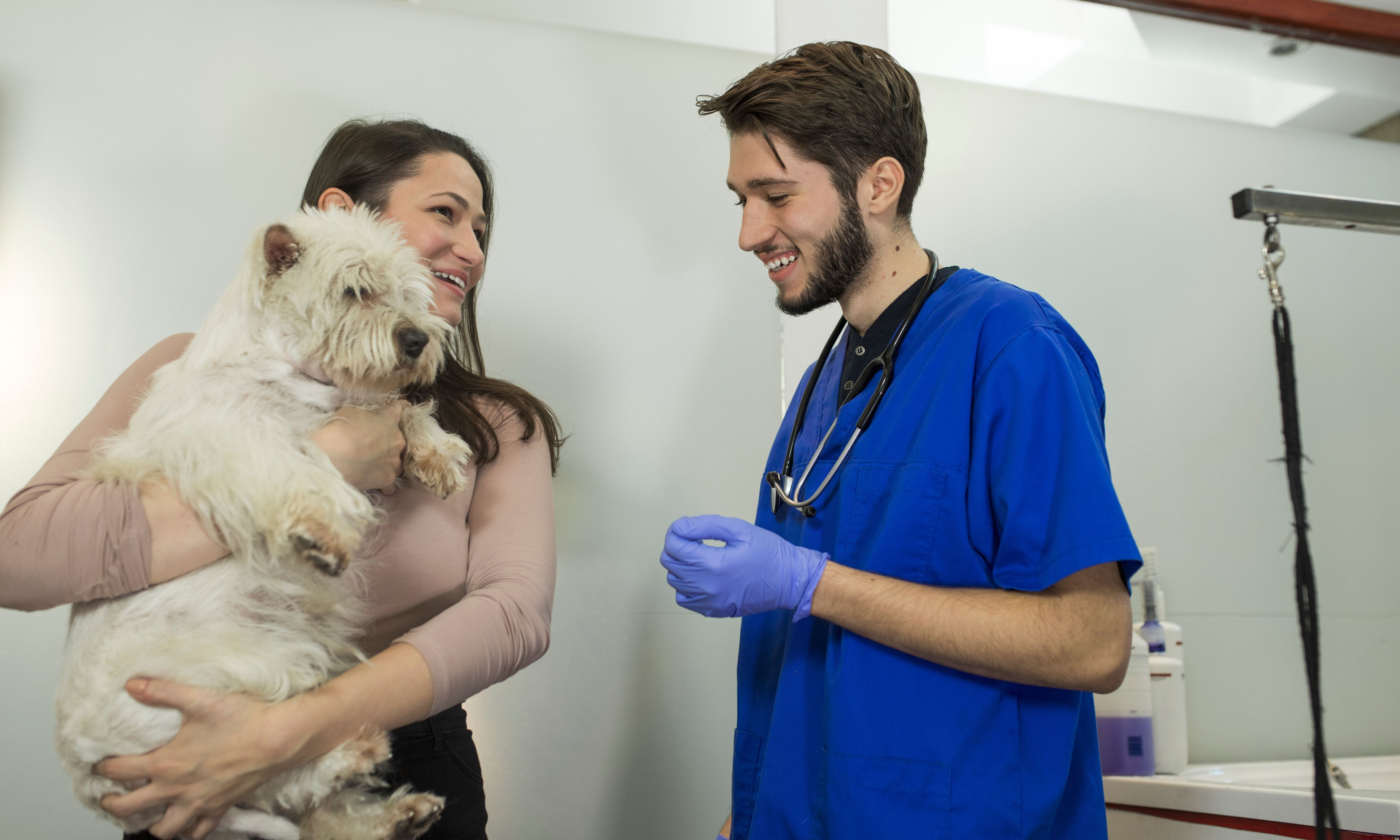11 February 2022
Welcome to our February update.
In our first 2022 update for practice owners and managers, we feature information about registering your clinic as a critical service; some helpful advice from a clinic that has had COVID-19 in the workplace; a new statement about using telemedicine while isolating; and more.
Register as a critical service
Yesterday, the Government announced more details on the exemption scheme that will allow close contacts of a COVID-19 case to return to work, if they return negative rapid antigen tests when we enter Phase 2 of the omicron response. You can read more about this in the link above.
Importantly, veterinary clinics qualify as a critical service based on the criteria announced by the Government.
Unfortunately, the self-assessment offered by MBIE is not currently very clear about whether companion animal services qualify. This form is just a tool, and does not need to be completed to register as a critical service. The Government’s policy is clear that critical services include both those involved in food production and animal health and welfare. Based on this, we believe that veterinary clinics will generally meet the requirements.
If your business wants to be able to have employees who are close contacts of a COVID-19 case return to work during their isolation period, you should register as a critical service.
It is still up to individual businesses to decide whether to register, keeping in mind that while it brings benefits, having close contacts in the workplace will also come with risks.
To register your business as a critical service, you need to log in to MBIE’s Business Connect service and select the Close Contact Exemption Scheme Register. They estimate that completing the form will take 20-30 minutes.
Feedback from a clinic that had a staff member identified as a positive COVID-19 case
We have recently heard from a clinic that had a staff member identified as a positive COVID-19 case and had several other staff members designated as close contacts (who then had to isolate). Below is some feedback from them on what they experienced:
- The implementation of good quality infection control processes and procedure, and the use of appropriate PPE (including KN95 masks) helped to limit the impacts on the wider team and business operations.
- The use of workplace bubbles and physical distancing, where possible, limited the number of staff who were designated as close contacts.
- Tea/break rooms can be easily overlooked but appear to be places where people in the vicinity of a case will always be considered close contacts.
- There is a really helpful guidance document provided by the Ministry of Health, which is worth a read.
This is the first COVID 19 case in a veterinary clinic that we are aware of. Fortunately, this clinic’s size and preparation allowed them to continue to operate. We strongly encourage all clinics to ensure they have appropriate precautions in place, including working with surrounding clinics (if possible) to prepare for a worst case scenario where you have to shut down temporarily.
Statement on authorising medicines when isolating
We’ve published a statement on our COVID-19 page about allowing the use of telemedicine/remote medicine to prescribe restricted veterinary medicines and prescription medicines, when veterinarians are legally required to isolate.
This could allow people who are isolating, either as a case or a close contact, to continue working in some capacity (where their health allows it) and is worth considering as part of your contingency planning.
The statement is similar to those we published in earlier phases of the pandemic and, importantly, it still expects careful risk assessment when authorising medicines without the benefit of a physical examination.

Student placements during the omicron outbreak
We have heard that some clinics have cancelled student placements due to the omicron outbreak. While this is a completely understandable decision, we urge you to consider the situation carefully before doing this.
Massey University’s School of Veterinary Science is mandated by international accreditation standards to require BVSc students to undertake a certain number of weeks of practical experience before progressing to the final year of the programme. Final year students also need to complete weeks of practical experience to graduate. Understandably, the cancelled placements are causing anxiety among students and could lead to delayed progression and graduation.
Currently enrolled BVSc students are required to have a current My Vaccine Pass and practices could easily add their own requirements (such as a requirement to have a booster or return negative rapid antigen tests etc).
Ultimately, this is a decision for individual clinics who have to put their teams’ health, safety and wellbeing first. At the same time, this could be considered a relatively low risk situation that brings many benefits including the opportunity to shape tomorrow’s veterinarians, as well as the obvious recruitment opportunities. With the current veterinary shortage in Aotearoa, it is in the whole profession’s interest that we all do what we can to ensure well prepared and trained new veterinarians are entering the sector as soon as possible.
Workplace wellbeing page
We’ve recently created a page on our website with resources to help veterinary businesses promote health and wellbeing in the workplace. Some businesses are very advanced in this space (if that’s you, we’d love to hear what else you think we could include here). Others will be just starting out, and we hope this page is helpful to you.
New guidance
We’re continuing to create guidance on common issues we hear about. Here are some pieces that we’ve published this year that may be of interest:

Thank you
We hope you found this newsletter interesting and informative. If you’d like to provide feedback or send us a topic or story for next time, please email [email protected]
Please also contact us if you have any questions or need support.